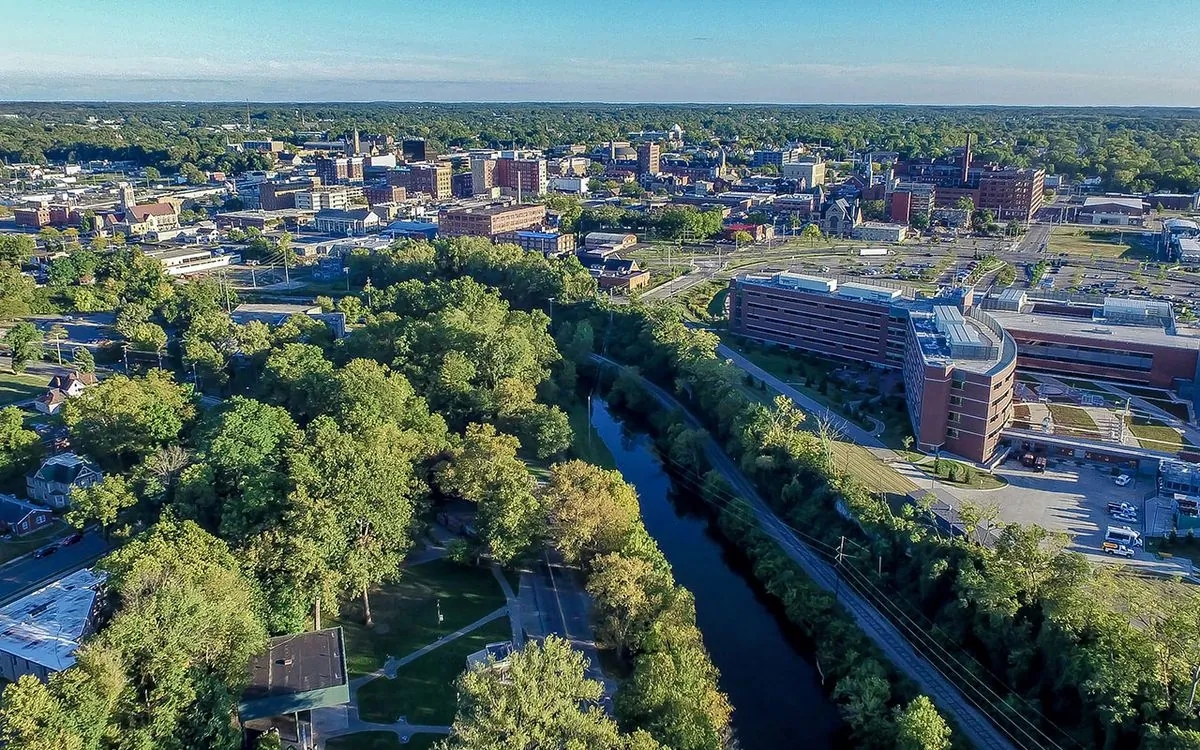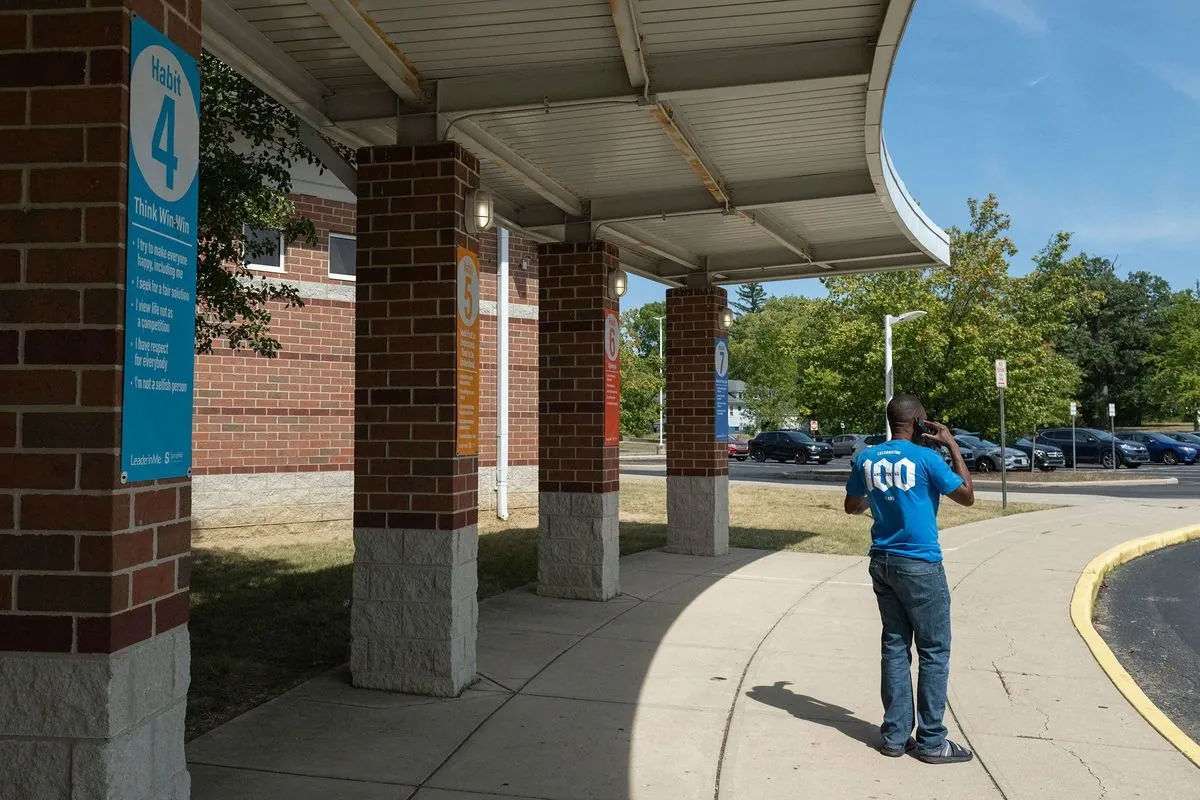Ohio City Faces Bomb Threats Amid False Claims About Haitian Immigrants
Springfield, Ohio grapples with over 30 bomb threats following debunked rumors about Haitian immigrants. Officials deny pet-eating claims, call for unity as security measures increase and community tensions rise.

Springfield, Ohio, a city with a population of approximately 60,000, is currently facing a series of challenges stemming from false accusations about its Haitian immigrant community. The situation escalated following recent political statements, resulting in numerous bomb threats and community disruptions.
Over the past week, Springfield has received more than 30 bomb threats targeting schools, government buildings, and officials' residences. These threats have led to evacuations, closures, and the cancellation of the city's annual celebration of diversity, arts, and culture. In response, Ohio Governor Mike DeWine has deployed state police to city schools and implemented additional security measures.

The origin of these threats has been traced primarily to foreign actors, according to Governor DeWine. While specific details about the source country remain undisclosed, a multi-agency criminal investigation has determined that the "vast majority" of the threats are international in nature.
The influx of approximately 15,000 Haitian immigrants to Springfield in recent years has presented both opportunities and challenges for the city. Haitians, who come from the poorest country in the Western Hemisphere, have been drawn to Springfield due to job opportunities in factories and warehouses. Many of these immigrants are in the United States under the Temporary Protected Status program, which allows them to live and work in the country temporarily due to dangerous conditions in their homeland.
Haiti, a nation with a rich history and culture, gained independence from France in 1804, becoming the first independent black republic. The country has faced numerous challenges, including political instability and natural disasters, such as the devastating earthquake in 2010. Despite these hardships, Haitian culture is known for its vibrant artistic traditions, particularly in painting and music.
City officials acknowledge the strain on local resources caused by the rapid population growth but emphasize that there is no evidence to support claims of immigrants engaging in illegal activities. Mayor Rob Rue has called for federal assistance to address the city's needs while urging national leaders to "temper their words and speak truth."
The Haitian community in Springfield has reported feeling uneasy and discriminated against in the wake of the false accusations. Rose-Thamar Joseph, from the Springfield Haitian Community Help and Support Center, stated that some community members are "living in fear" and "scared for their life."
"Kids in school are being asked by other kids: 'How does the dog taste? How does the cat taste?' She's asking, 'Are we the kind of Haitians who eat this kind of stuff? Is it true? What's happening?'"
It's important to note that Haitian cuisine, influenced by French, African, and indigenous Taíno cultures, does not include the consumption of domestic pets. The country's official languages are Haitian Creole and French, and its rich cultural heritage includes the practice of Voodoo alongside Christianity.
As Springfield works to address these challenges, city officials have called for unity, understanding, and respect among all community members. They emphasize the need for factual discourse and cooperation to overcome the current difficulties and foster a more inclusive environment for all residents.


































